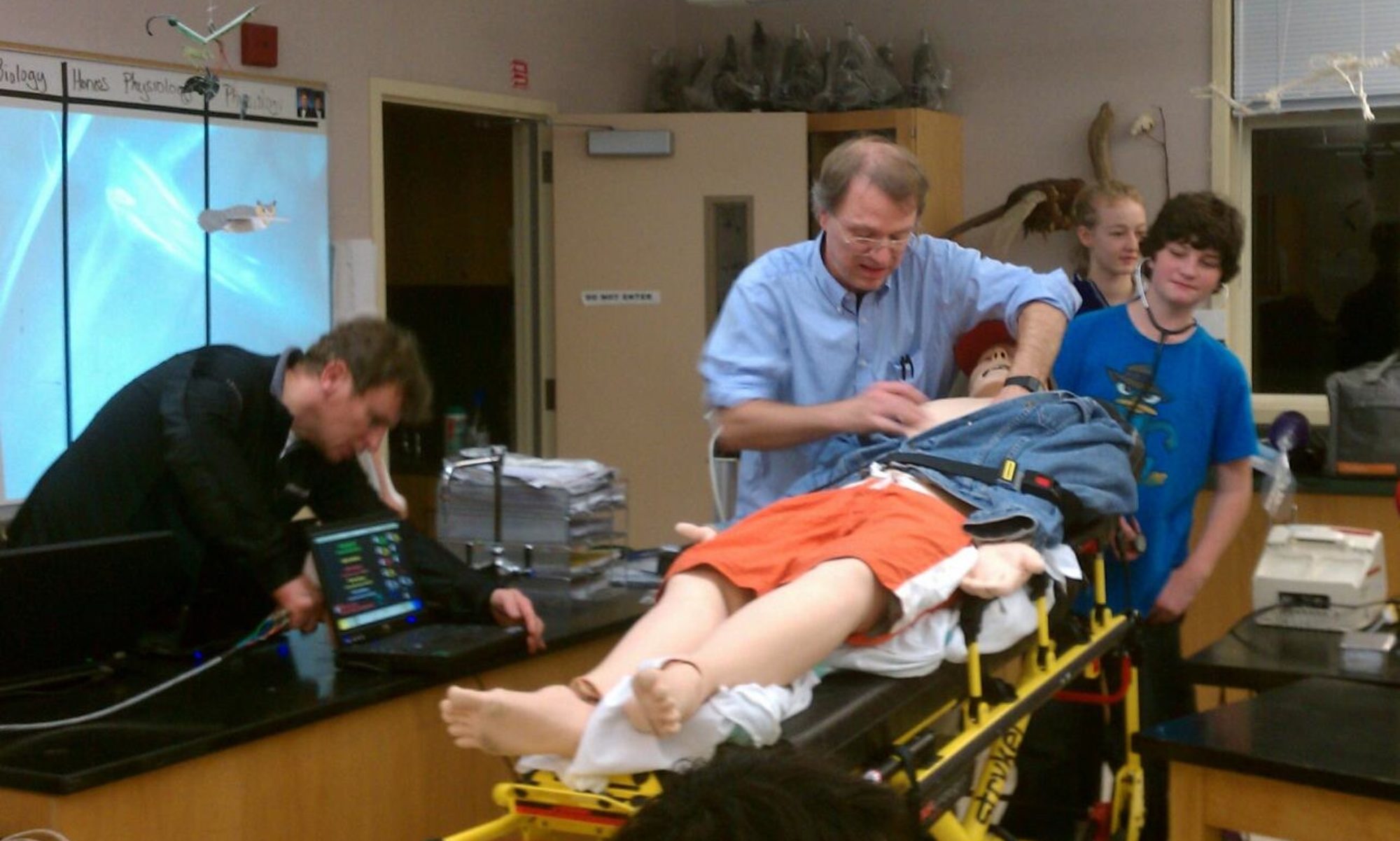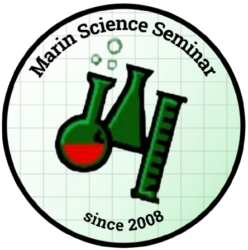
Did you know that each year about 20 million people in the United States get diagnosed with depression? Worldwide, more than 350 million people suffer from depression. Depression is a mental illness where a person’s sadness lasts more than two weeks. Depression can lead to all sorts of problems including suicide. Dr. Tobias Marton, Assistant Professor at UCSF, studies and helps people who suffer from depression.
In advance of his talk at TLHS, he provided the following information:
I became interested in medicine and biology during my junior year of high school while taking AP biology and harboring a mild obsession with the hit TV show ER. Prior to then, I really hadn’t thought too much about becoming a scientist or doctor and was actually much more interested in history and music. The summer between my junior and senior year I was able to get an internship working at a local biotech company that studied genes relevant to neurobiology, and from then on I became very interested in the complexity of the brain. I worked in a couple of different neurobiology research labs during my undergraduate years at Berkeley while taking my premed courses and knew I wanted to practice medicine in either neurology or psychiatry because they both involved different aspects of brain function. It became clear to me during medical school that I was a natural fit for psychiatry because I really enjoyed talking to people and trying to understand their stories and how they came to be who they are today, in addition to having a good temperament in sitting with patients that can pose behavioral challenges.
My interest in studying and treating depression really developed during my psychiatry residency. Depression is very common across all age groups, genders and socioeconomic groups and it’s also a leading cause of suicide in the United States. Many mental health professionals regard the current situation with depression and suicide in the U.S. as a public health crisis, and yet it’s not an illness that we as a society are comfortable discussing and addressing in the open, like we do with other diseases such as cancer and heart disease. We’ve made considerable advances in the last decade in our understanding of the brain and how it changes during depressive illness. These insights are starting to generate new treatments that I am excited to help bring to our patients and their families.
The National Institutes of Mental Health (NIMH) are very committed to supporting psychiatrists with scientific training in developing a career as a physician-scientist in order to help bring new treatments to patients struggling with mental illness. Based on the quality of my PhD work, I was identified by the NIMH during my residency as someone whom they wanted to support and encourage to continue in psychiatric research.
Join us for his free Marin Science Seminar talk on Wednesday, November 9th, 2016, 7:30 – 8:30 pm at Terra Linda High School, Room 207, 320 Nova Albion, San Rafael, California

